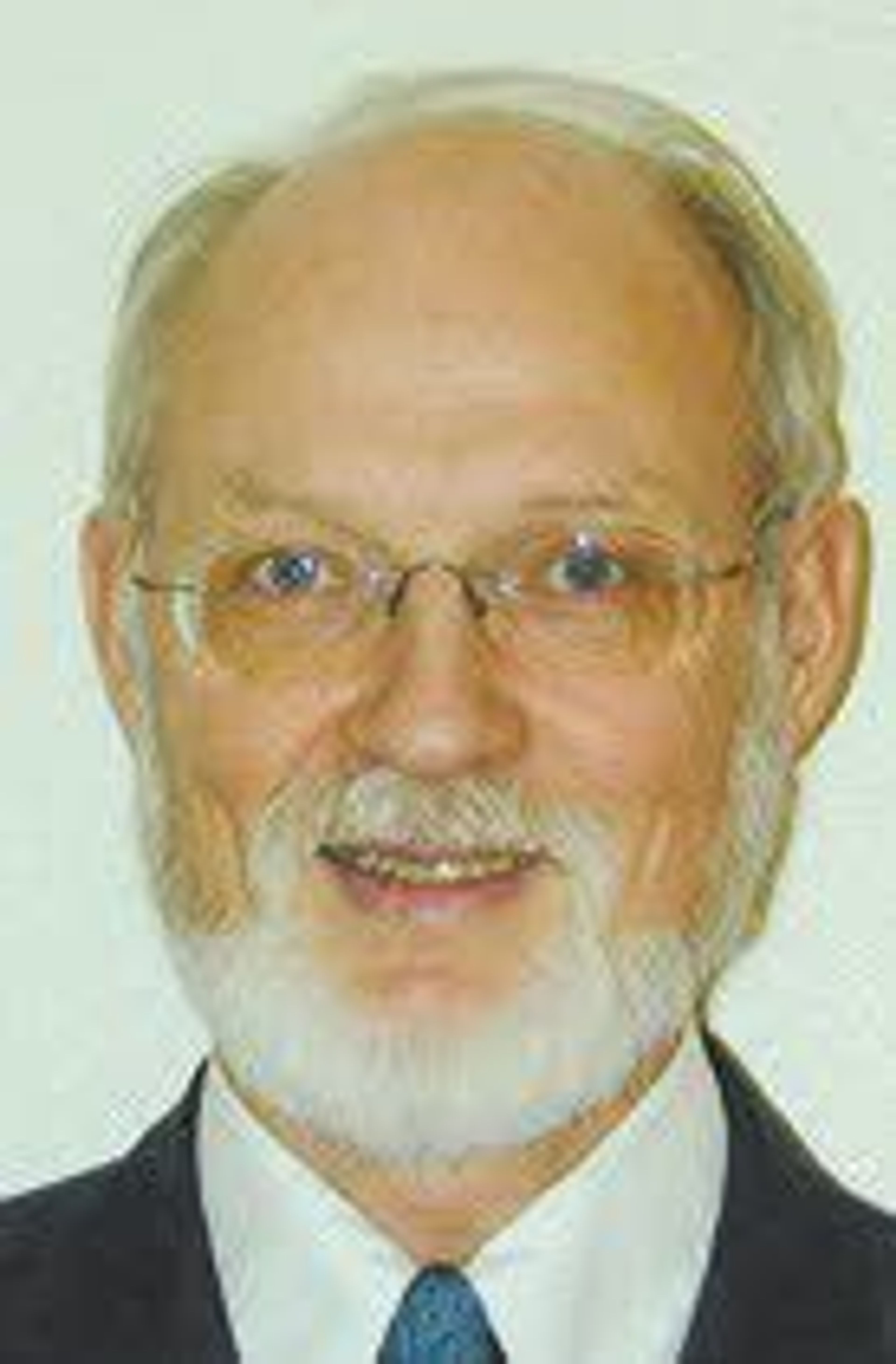In October of 1983, I was up close and personal with the religious right. I had invited Cal Thomas, vice president of the Moral Majority, for a debate on the University of Idaho campus. My goal was to debunk the conspiracy theory about humanism, which was, I would argue, no threat to American culture.
The previous year, I had published an article, "Humanism as an American Heritage," and I showed that our founders were profoundly influenced by European philosophers, who believed in human autonomy, religious freedom and a republican form of government.
Our Christian humanist founders were committed to protecting religious belief, and the best way to do that was to establish a secular government based on the separation of church and state. Our nation has survived for 242 years primarily because of this wise decision.
The religious right has had a profound influence on American culture and their followers have been crucial to Republican electoral victories. Over the centuries, there have always been Christian liberals, but they have always been in the background, preaching what I believe is the correct view of Jesus' teachings.
The religious left in America started with Christian Unitarians and their focus was on women's rights and the abolition of slavery. With regard to the latter, the Quakers led the way, and Unitarians and some evangelical Christians soon joined the effort. Today, the Friends Service Committee continues the Quaker's insistence on peace and social justice.
The social gospel was strong in the first decades of the 20th century, and Martin Luther King Jr. continued this tradition with the black social gospel. King once declared American "capitalism was built on the exploitation of black slaves and continues to thrive on the exploitation of the poor."
Drawing on the 19th century abolitionists and late 20th century civil rights leaders, the group Faith in Public Life is now making itself heard. Its current focus is immigrant rights, and its members have led a number of protests at the border.
As Presbyterian minister Jennifer Butler, Faith in Public Life's founder, points out: "There are over a hundred verses of scripture that say we are to welcome immigrants." Here is just one of them: "When a stranger sojourns in your land, you shall not do him wrong. The stranger who sojourns with you shall be to you as the native among you, and you shall love him as yourself" (Leviticus 19:33-34).
The Rev. William Barber, another Faith in Public Life leader and founder of Moral Monday, once declared "Jesus, a brown-skinned Palestinian Jew, called us to preach good news to the poor, the broken, the bruised and all those who are made to feel unaccepted." Barber calls himself an "evangelical biblicist," and says "the nation is in need of 'moral defibrillators' to work on its weak heart."
Jim Wallis, longtime leader of the religious left, has impeccable evangelical credentials. As a student at conservative Trinity Evangelical Divinity School, he and some friends founded the journal Sojourners, which has become the principal voice of the religious left.
Insisting the Bible is "neither conservative nor liberal," Wallis believes it is "conservative on issues of family values, sexual integrity and personal responsibility, while being progressive, populist or even radical on issues like poverty and racial justice."
Wallis has been arrested 22 times for acts of civil disobedience, and on Dec. 15, he joined a group of protesters at the Tijuana border crossing. He said: "I will be accompanied by a Sojourners team that will document the events and speak to families directly affected by the United States' cruel immigration policies."
I wish these brave Christians well as they spread the true meaning of the gospel of Jesus.
Nick Gier is a proud Unitarian and he taught religion and philosophy at the University of Idaho for 31 years. Email him at ngier006@gmail.com.








